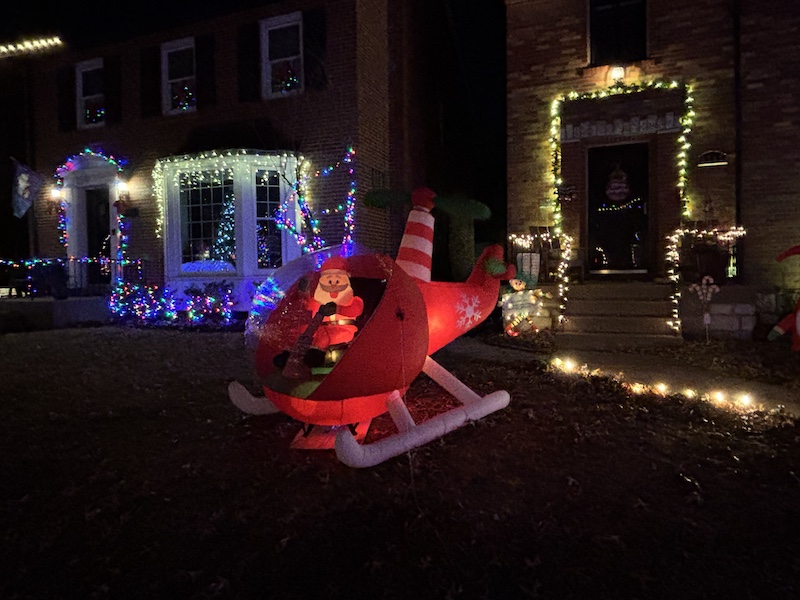About Focusing on One’s Priorities
"Beware the barrenness of a busy life." Socrates
As a gift to myself this year, I've been doubling-down on my need to spent my waning hours my intentionally. Waning? I'm 68, so I've already lived most of my life. That said, I'm in good physical shape and I'm passionate about my work as a civil rights attorney (especially First Amendment). Every day I treasure opportunities to engage with friends and family, especially the love of my life, Beverly, who I met one year ago today. I am a serious musician and an exhibiting artist. I'm lucky in more ways than I can count.
But numbers don't lie. Last year I made an intrepid assumption that I'll live about 20 more years. Simple math reveals that this is only 240 more months. Last month went quickly. In fact, the better I am at living a mindful, principled and socially engaged life, the more quickly the months flash by. My endgame: If I'm really fortunate, I'll be able to look back at my 20 year Plan and consider that it was a life well-lived, which will make it much easier to deal with my inevitable decay and death. But how do I keep on track, giving my cravings to attend to more things than I can possibly absorb?
This year I committed to unsubscribing from emails lists that seemed like good ideas at the time. There are also many commercial emails that keep popping in, unsolicited. In the past few weeks, I have unsubscribed from about 200 email lists, which makes my inbox much more inviting. Now, most of my inbox consists of emails that I will either read or at least scan. This has also addressed my concern that I might overlook important emails because they are hidden among low (or no) priority emails. I recommend this to everyone. If an email list seems interesting, but not interesting enough to subscribe to, I follow the organization or person on X (Twitter), which circumvents my inbox.
I also decided to commit (for the umpteenth time) to do a better job of making and adhering to a daily to-do list that I create either that morning or the night before. I use a combination of paper and pen at my desk and the Reminders app on my iPhone. This simple tactic works extremely well.
I also make better use of my iPhone DND feature when trying to focus, sometimes for hours. This is heaven. How did we ever get to this point where so many people assume that you will immediately respond to texts and phone calls?
These three simple things have made a noticeable difference to help me spend quality time on the things that I have personally identified as my priorities. The alternative is the lose time chasing squirrels all day, which is admittedly sometimes valuable for generating unexpected but important insights, ideas and projects, but this daydreaming and brainstorming time needs to be consciously kept in check or else it destroys one's ability to deeply concentrate one's own priorities.
Today I received a mass emailing from Cal Newport announcing a new online course called Life of Focus. I won't be signing up, but I do appreciate his three goals for his course, which closely align with my own resolutions:
Month 1: Establishing deep work hours. You'll restructure your work life to feature less distraction and more depth.v Along these same lines I recommend Newport's book: "Deep Work: Rules for Focused Success in a Distracted World.Month 2: Conducting a digital declutter. You'll implement a digital declutter to help you break screen additions and cultivate a more deliberate relationship with the digital tools in your personal life.
Month 3: Taking on a deep project. In the final month, we’ll reinvest the time we’ve created at work and at home in a project that engages your mind and your soul in something meaningful.












